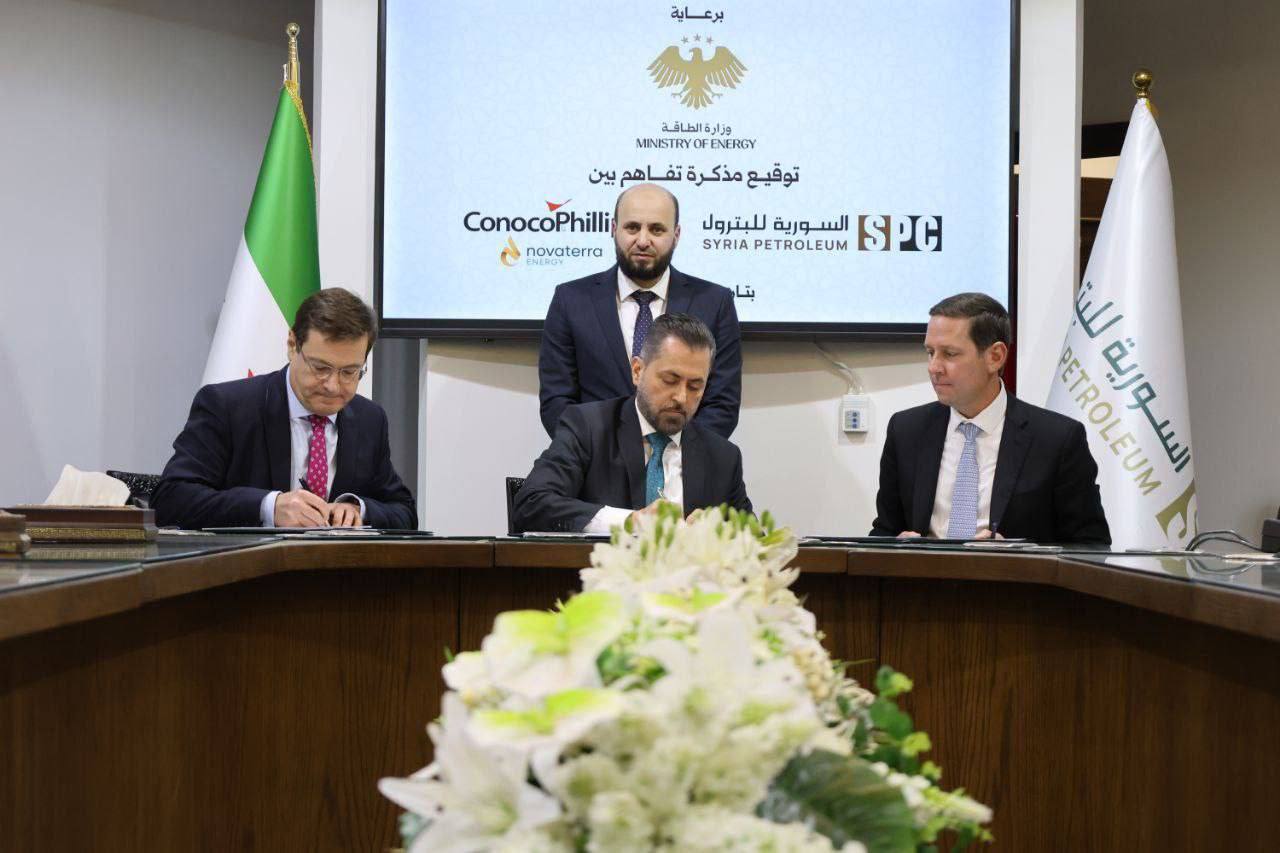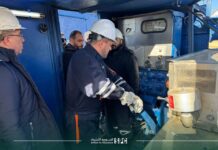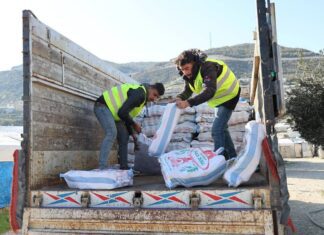
In an effort to revitalize its war-damaged economy, Syria announced plans to transform itself into a regional hub for natural gas. The strategy focuses on doubling domestic gas production, developing new fields, and leveraging international partnerships to achieve energy self-sufficiency and potentially resume exports in the future. The announcement was made by Yusuf Qablawi, CEO of the Syrian Petroleum Company, who outlined a vision centered on increasing production and expanding the company’s international role.
Ambitions for Growth and Regional Influence
Qablawi stated that the company is working to develop existing oil fields and explore new ones, emphasizing that Syria aims to double gas production within a short period. He explained that plans and studies for exploration exist in areas south of Damascus without foreign intermediaries and that five new exploration zones have been identified along the Syrian coast.
Qablawi portrayed this strategy as part of a broader national effort, expressing confidence in the company’s technical capabilities and ambition to become a world-class entity capable of investing both inside and outside Syria. He added that expanding gas production would contribute to raising individual income levels and positioning Syria as an important center for gas distribution in Europe.
Strategic Partnerships with US Firms
Financial and banking expert Dr. Abdullah Qazzaz noted that Syria currently produces between eight and nine million cubic meters of natural gas per day, most of which is allocated to power generation. He explained that the Ministry of Energy is working to increase production in order to achieve self-sufficiency and generate surplus gas for export to neighboring countries.
Central to this plan is a recently signed memorandum of understanding between the Syrian Petroleum Company and two American companies: ConocoPhillips and the investment and project-management firm Novatera. The agreement aims to raise production by four to five million cubic meters per day in 2026, improving electricity supplies and reducing dependence on imported fuel. It includes developing existing fields and launching new exploration programs in accordance with current technical standards.
A Strategic Pivot for Reconstruction and Stability
Dr. Qazzaz emphasized the broader significance of these efforts. Discovering new gas fields, he said, strengthens Syria’s ability to reach energy self-sufficiency and constitutes a key pillar for reconstruction and economic recovery after years of conflict and international isolation.
He added that such discoveries help attract foreign investment and technology while contributing to the improvement of Syria’s energy infrastructure. The memorandum of understanding marks an important step in developing the energy sector by drawing on the expertise of international companies to accelerate field development and enhance national production capabilities.








